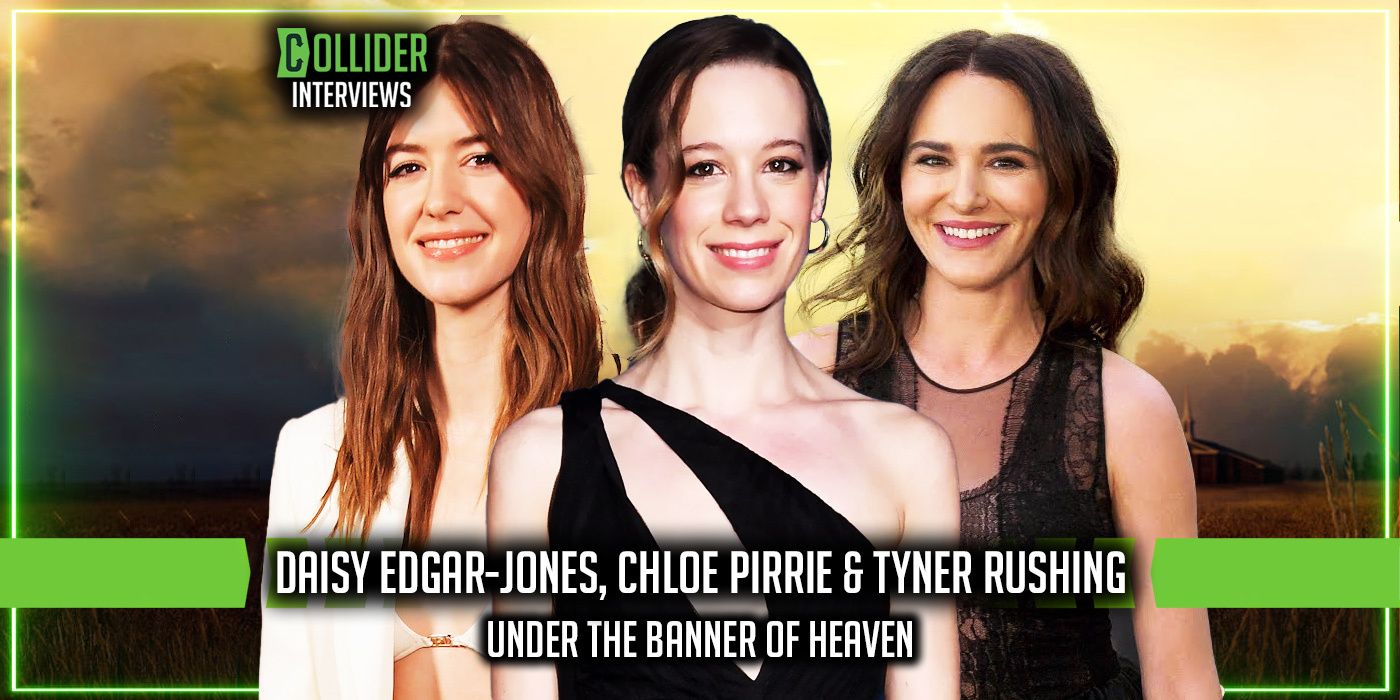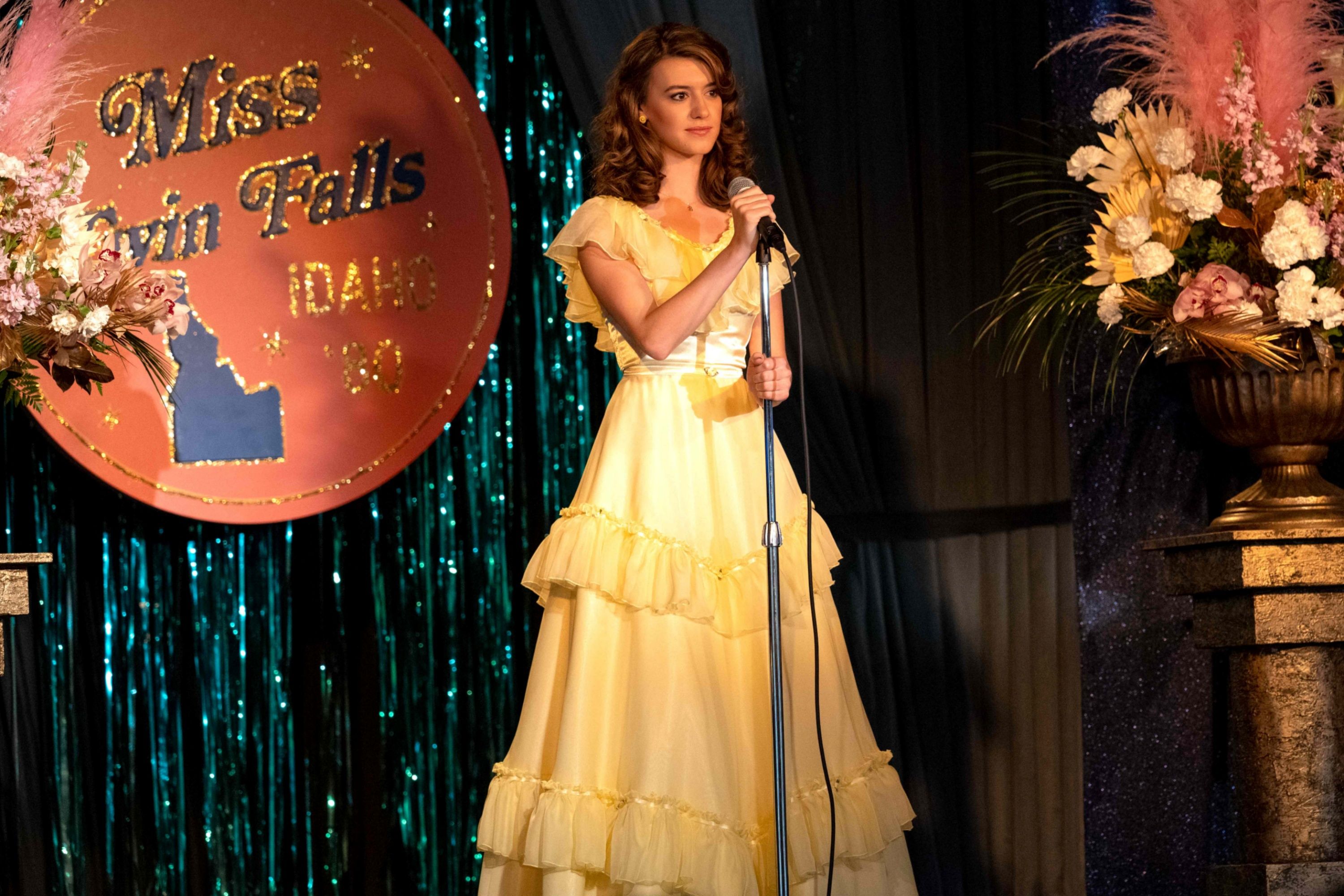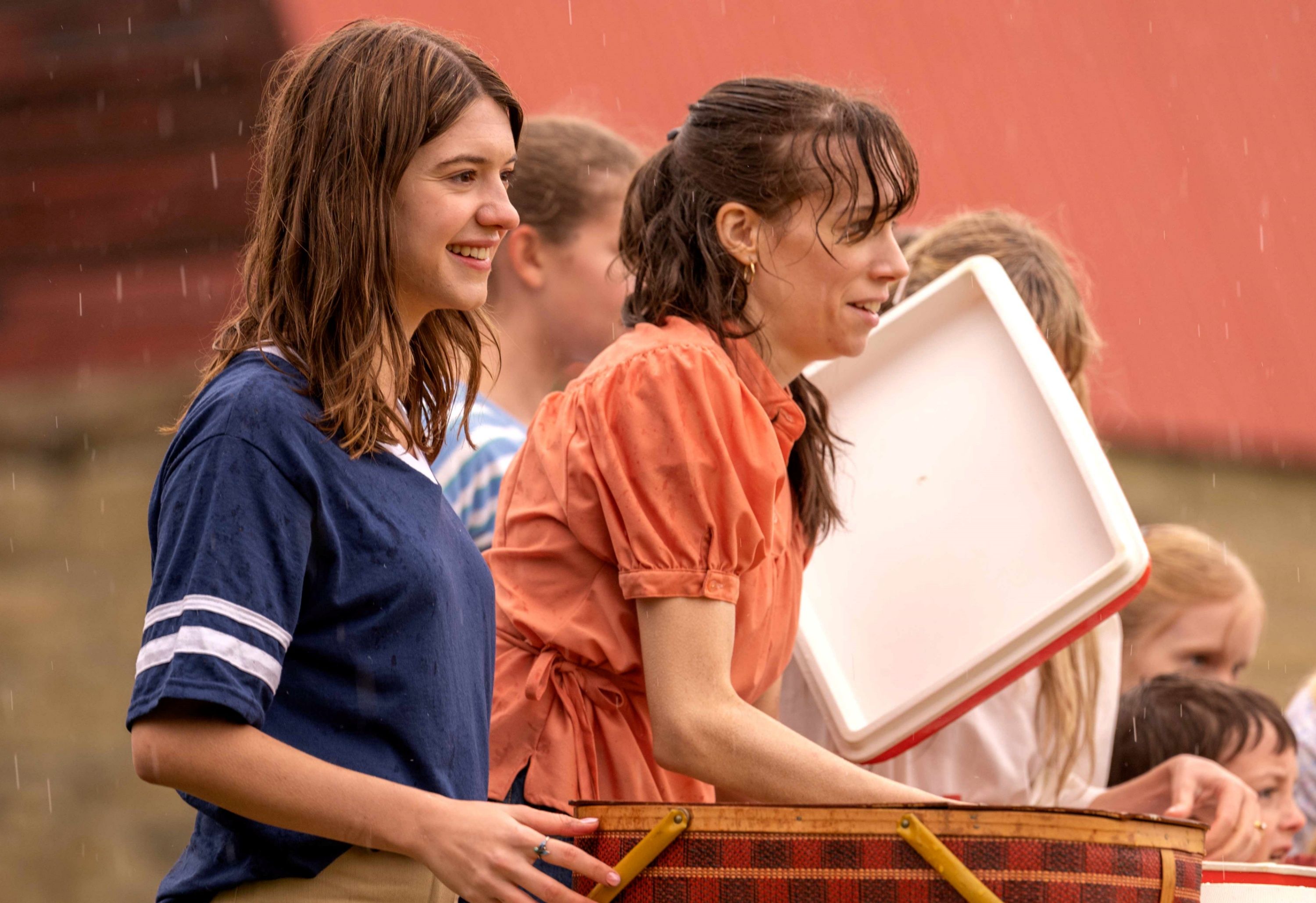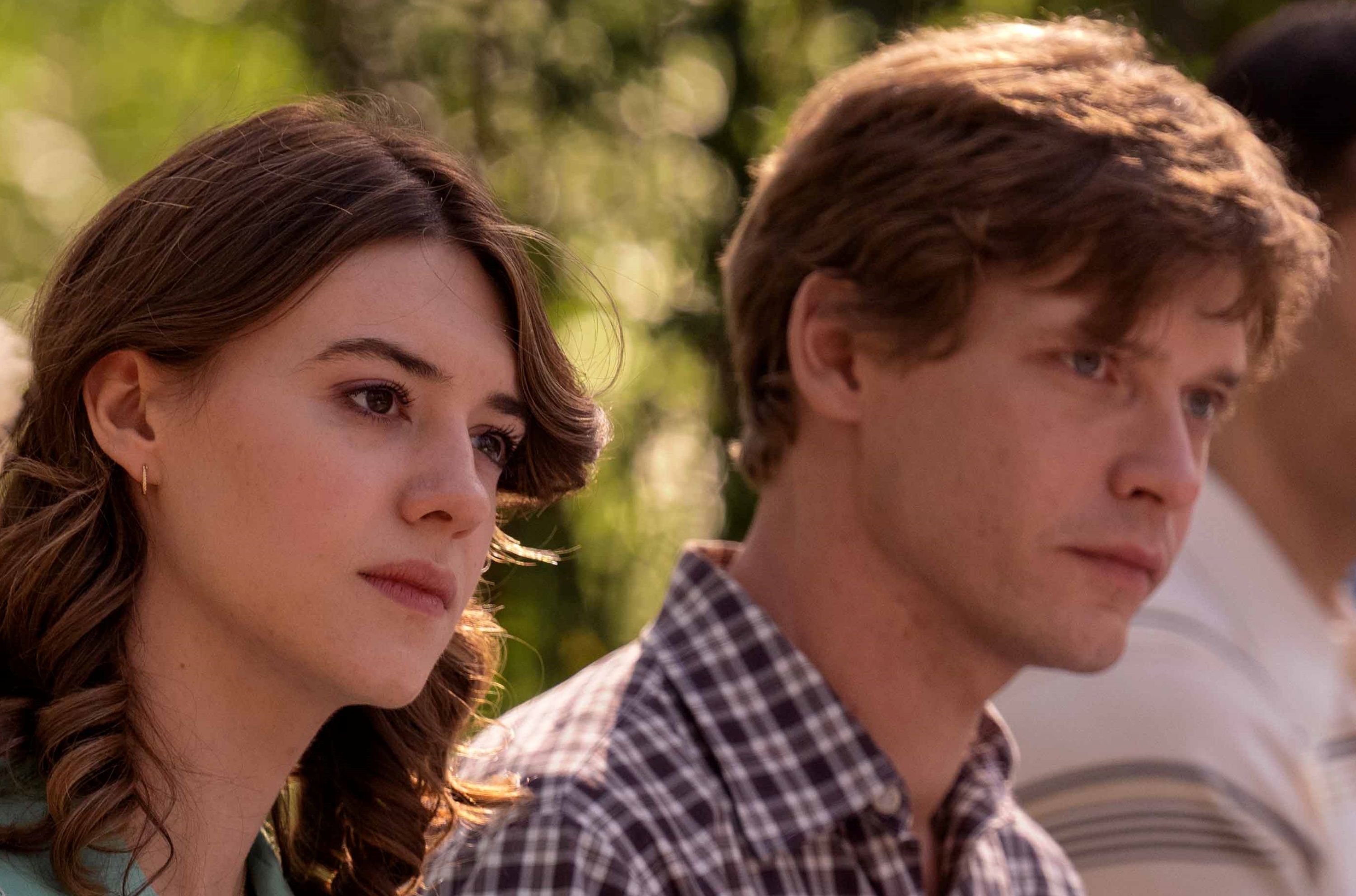From creator/showrunner/executive producer Dustin Lance Black and inspired by the true crime bestseller by Jon Krakauer, the limited series Under the Banner of Heaven (which is from FX and can be streamed on Hulu) follows Detective Jeb Pyre (Andrew Garfield), a devout member of the LDS Church, and his seasoned partner Bill Taba (Gil Birmingham), as they investigate a prominent Mormon family for the role they played in a horrific crime. The real-life murder of Brenda Lafferty (Daisy Edgar-Jones) has important connections to the history Mormonism, so the story intertwines flashbacks of the evolution of the birth of the religion to illustrate the dangers that can arise with extremism in any faith.
During this interview with Collider, co-stars Edgar-Jones, Chloe Pirrie (who plays Matilda, the wife of Dan Lafferty) and Tyner Rushing (who plays Emma, the wife of founder Joseph Smith) talked about being a woman today versus being a woman in the 1830s, giving Brenda a life when she is no longer around to speak for herself, Matilda’s emotional journey, and having to sing Bette Midler’s “The Rose.”
Collider: The three of you represent such interesting aspects of the way that women are looked at, thought of, and treated in this faith and in this story. Tyner, how did you find a way to identify with and understand Emma, in her time period? What most helped you with that?
TYNER RUSHING: That’s such a great question. I was so struck by the way that Emma responded to the things that happened in her life. I felt like, as I was learning about her, I got so stuck in this grief that I imagine she experienced, and I had a hard time figuring out how to act with strength, which was the strength that she actually acted with. It was this strange, almost coming of age for me to find this strength within myself. It just felt heartbreaking, what she was going through. As far as what I identify with, we don’t have a ton in common, but I was able to feel a lot of gratitude for the things that are different. Being a woman today versus being a woman in the 1830s, and the privileges that I have, that was something that felt really inspiring.
Daisy, what was your way into Brenda? What helped make her come alive for you, especially with the weight of knowing what happened to her?
DAISY EDGAR-JONES: Yeah. When I read the first two scripts, I felt like she was very clear on the page. The way Lance wrote Brenda, not just with the dialogue, but also with the description of the way that she observes the other characters in the story, I really had a sense, quite quickly, of who she was. That was a real draw for me, this chance to really represent her properly and her life. She really was a very joyous person and an incredibly kind, generous person. She gifted a lot of good to the other women in the story. I definitely felt a responsibility to be really sensitive to it as well because it’s based on a true story.
Chloe, how did you approach your character, as things started to become very dark around her? What was it like to go on that emotional journey with her?
CHLOE PIRRIE: It was very intense. Matilda was such an interesting character, off the page. There was an eccentricity to her and a chaos to her. I really approached it from the point of view of somebody who desperately wants to belong and who has left behind a different culture. She was a Catholic before, in our story, and she’s come over with her two children on the hope that she would marry Dan. That’s how she describes it and frames it to Brenda, in our story. That’s quite an extreme thing to do, especially in this time period. America was a very long way away, and not accessible in the way that it is now, from Scotland. I had to get my head around the history of how she made that decision, and then what that might mean when she’s met this family and what that might mean when another woman comes in who she wants to connect with. They’re shut down quite a lot. And then, as things deteriorate, you see how she figures out how she stands up for herself and how difficult that is once you’re in that deep.
Daisy, what was it like to sing the song in the first episode? There’s something just so beautiful and so sad about watching that moment.
EDGAR-JONES: That was my first day of filming, so it was absolutely terrifying. I was singing in front of a room full of extras, which me, personally, I would have found very hard to do, but it was okay because I was able to do it as the character. I felt comforted by the fact that she was the runner-up, so I knew I didn’t have to actually sing like Bette Midler. It was a really nice introduction to Brenda, in that scene.
Tyner, what was it like to explore the relationship between Emma and Joseph Smith, and really figure out how that connects to this entire story?
RUSHING: There’s such a parallel, between Emma and Joseph’s story, and some of the other female characters and their partners. It was heartbreaking because Joseph and Emma, I think, were madly in love and were doing this beautiful thing together and creating this thing together. They were partners, and Emma had a huge hand in it. She felt like maybe an equal in it. I like to think that she did. So, when things arise for Joseph that are quite hurtful for her, and she sees as hurtful for the religion, it deeply affects their relationship because, at that point, she has to choose to fight – to fight for herself, fight for her marriage, fight for the religion. That puts a lot of strain on a marriage. The way that her journey, and her challenging and making the decisions that she does, mirrors the other characters. It’s such brilliant writing from Lance. He’s just a gifted person. Jon Krakauer too, of course.
Chloe, how did you and Wyatt Russell create a safe space for some of the scenes that you guys had together. Was that something you spoke to each other about, or did you just trust each other?
PIRRIE: Wee definitely spoke and had a dialogue, when it was relevant, with whichever director was in charge of that block and with Lance. It was really important to do that. And I was very lucky with Wyatt. He’s very open and easy to work with, and we got on really well. I felt very safe with him, and we had a lot of fun. It’s really interesting with Matilda and Dan’s relationship because you never really see the interior of it, especially at the beginning. You see it from the outside quite a lot, but we don’t have any deep discussive scenes together. It’s like trying to figure out what’s going on beneath the surface because there’s a lot going on. It was just about trying to fill that cup with stuff, as much as possible. There’s a point where you stop discussing, and you just have to trust. But when you have a really great collaborator, it’s really, really helpful, and that’s what I had with Wyatt.
Under the Banner of Heaven is available to stream at Hulu.




